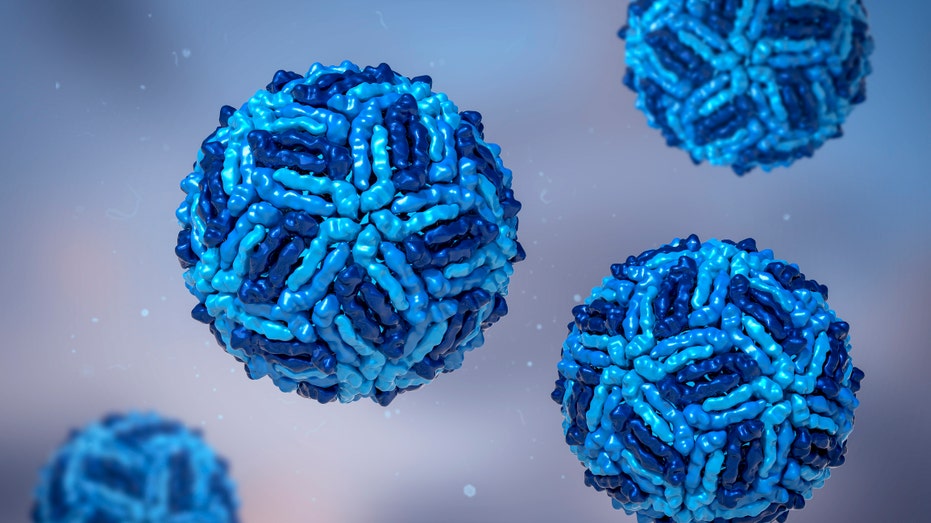Kansas health officials are tracking six cases of the West Nile virus, with five of them classified as serious. As of August 15, 2023, the Kansas Department of Health and Environment (KDHE) reported that three cases are located in north-central Kansas and three in the south-central region. The KDHE emphasizes that five of these cases are neuroinvasive, indicating a higher severity and more significant health risks.
According to Jill Bronaugh, a spokesperson for the KDHE, non-neuroinvasive cases present less severe symptoms similar to flu. In contrast, neuroinvasive cases involve the central nervous system and can lead to serious conditions such as high fever, brain inflammation, disorientation, paralysis, and muscle weakness. These cases typically require longer recovery times and more extensive medical intervention.
Current Trends and Comparisons
Despite the serious nature of these cases, the number of infections in Kansas remains below last year’s totals. In 2022, the state recorded 64 infections, including four fatalities. Health officials are cautioning that the risk of infection may rise as mosquito activity peaks during late summer.
The KDHE has established a West Nile virus dashboard, providing regular updates on the situation during the surveillance season from July to September. According to the Centers for Disease Control and Prevention (CDC), the West Nile virus is primarily transmitted through bites from infected mosquitoes, with peak transmission occurring from August to early September. Each year, approximately 2,000 people in the United States are diagnosed with the virus, although actual numbers may be higher due to under-reporting.
Symptoms and Prevention
Symptoms of West Nile virus typically manifest within 2–6 days following a mosquito bite. Common symptoms include high fever, headache, neck stiffness, and in severe cases, disorientation, coma, and paralysis. While there are no specific medications to treat the virus, the CDC reports that most people who contract it recover and are believed to gain lifelong immunity.
Health officials strongly advise residents to take precautions to minimize the risk of mosquito bites. Recommended measures include using insect repellent, wearing long sleeves and pants, and eliminating standing water around homes where mosquitoes can breed.
As the mosquito season progresses, vigilance is crucial for reducing the risk of infection and ensuring community safety. The KDHE continues to monitor the situation closely, providing updates and guidance to the public.








































































